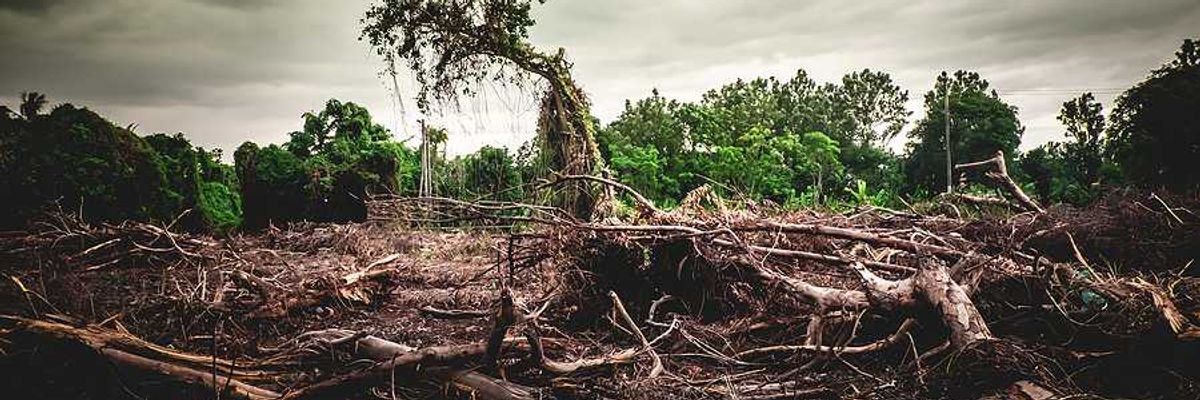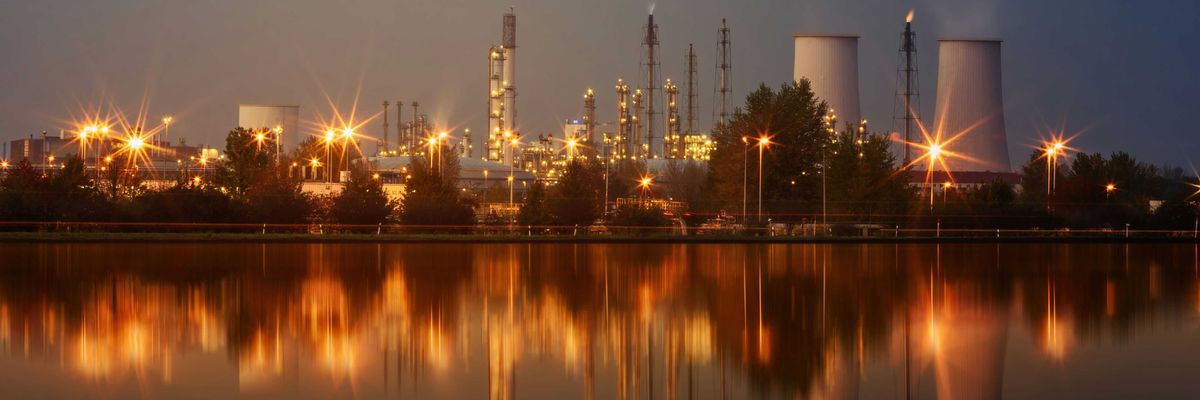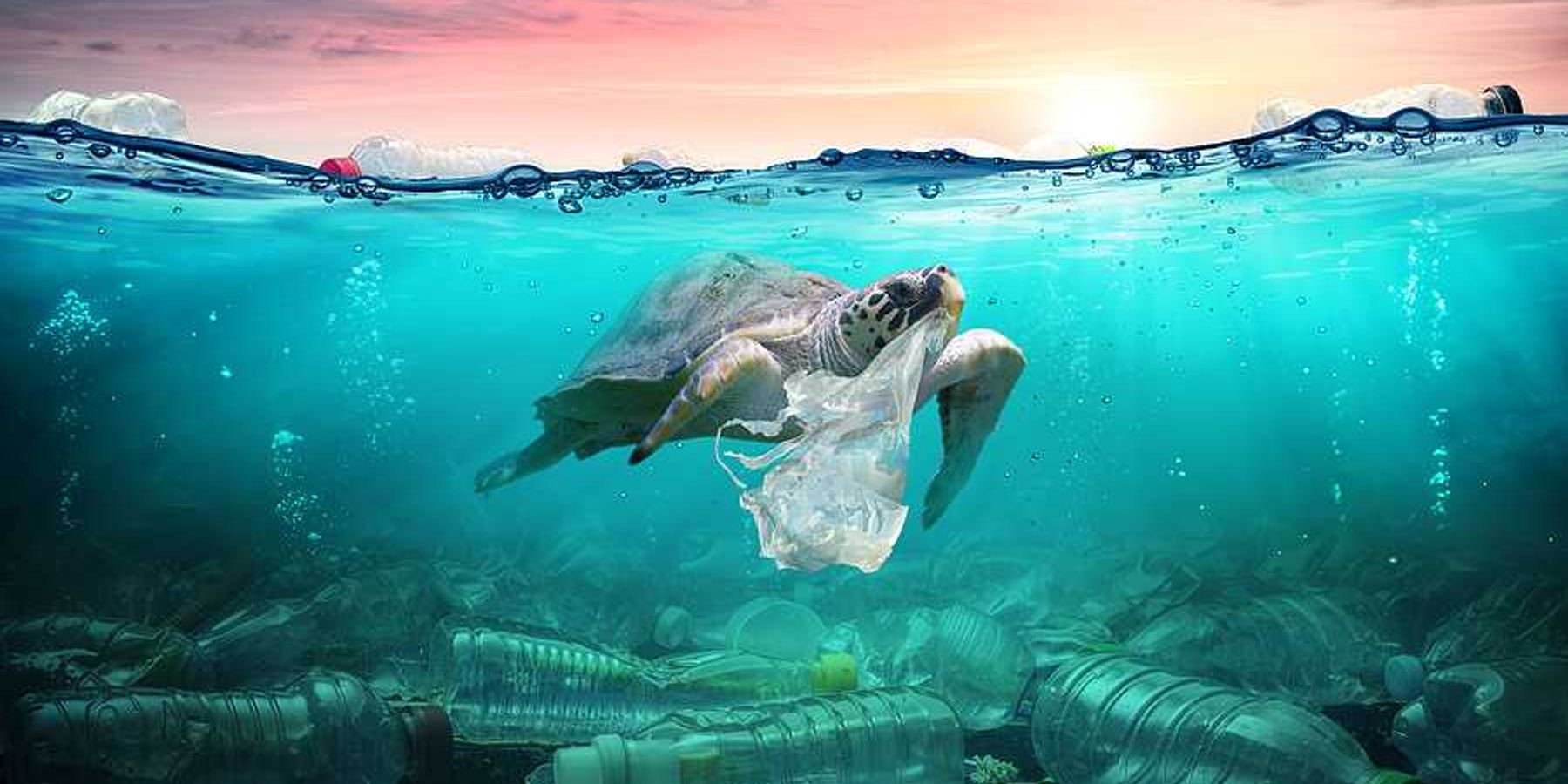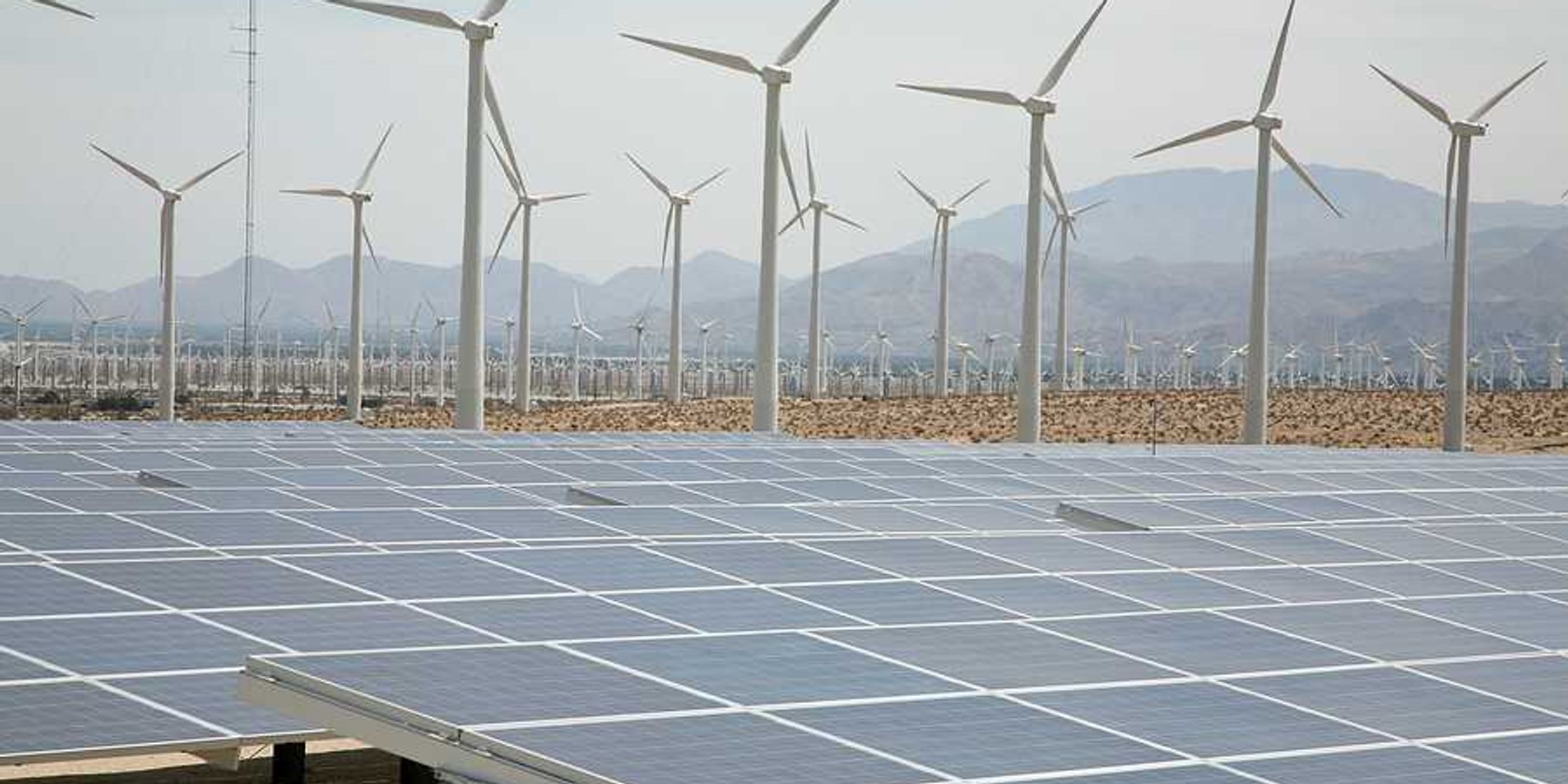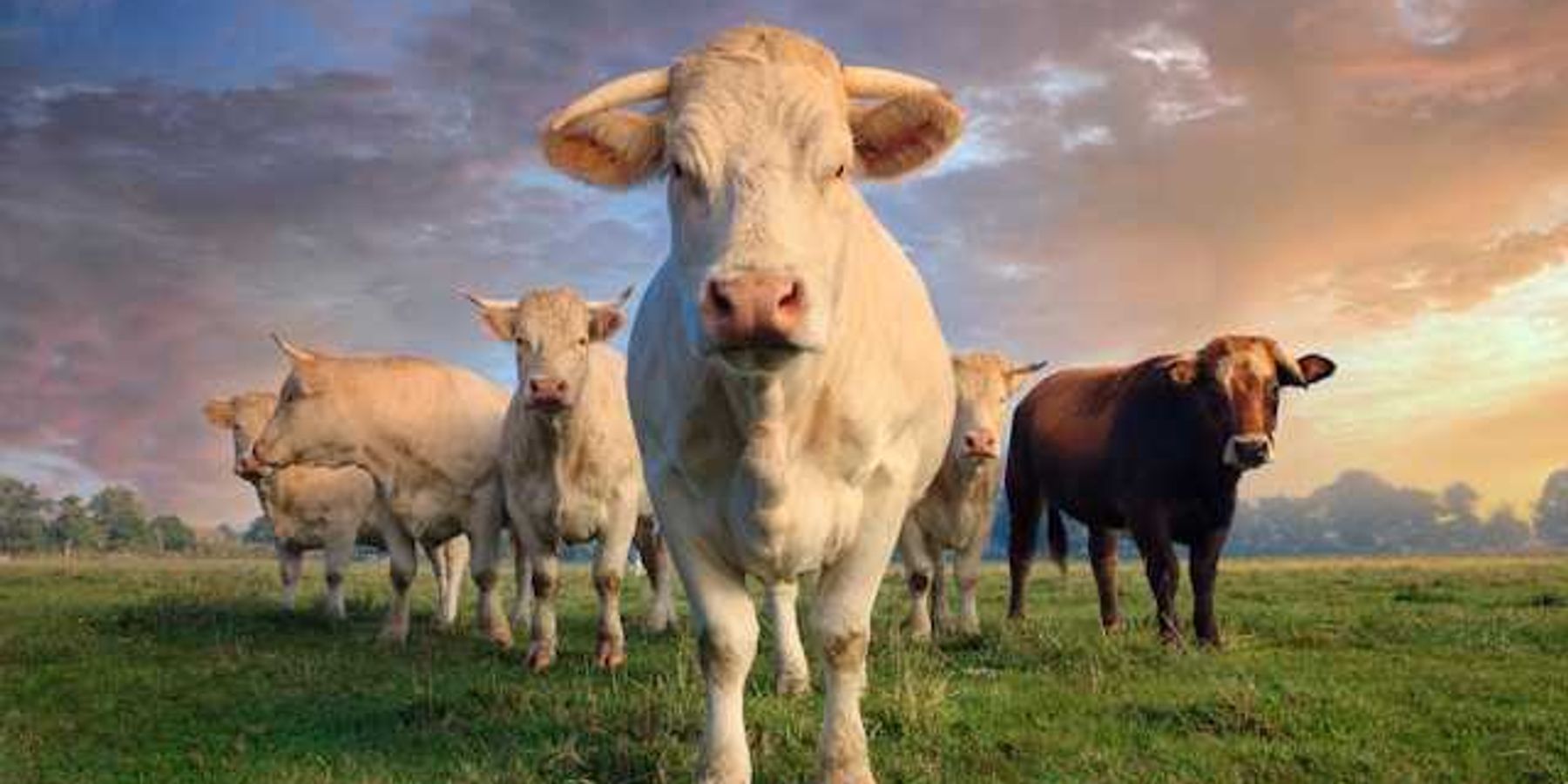textiles
How a Maine congresswoman aims to promote eco-friendly fashion
U.S. Rep. Chellie Pingree, known for her practical wardrobe, has launched a slow fashion caucus to tackle the environmental impact of the fashion industry.
In short:
- Pingree's slow fashion caucus seeks to reduce textile waste and promote sustainable materials like wool and hemp.
- She plans to introduce legislation after the U.S. Government Accountability Office completes a study on textile waste management and recycling.
- The caucus has urged President Biden to include the fashion industry in climate-related policies.
Key quote:
“Everybody got all engaged when we decided we should end plastic straws, but it’s nowhere near the volume of the clothing that we buy.”
— U.S. Rep. Chellie Pingree
Why this matters:
Fast fashion contributes significantly to environmental degradation through textile waste and carbon emissions. Addressing this issue could lead to more sustainable consumer practices and production methods.
France targets fast fashion's footprint with legislative action
In a bold move to address the environmental and social toll of fast fashion, France's parliament has green-lit legislation aimed at curbing the industry's excesses.
In short:
- France proposes penalties and advertising bans for fast fashion to mitigate its ecological impact.
- The legislation, aimed at reducing waste and encouraging sustainable consumer habits, targets major players like Shein.
- Efforts include enhancing consumer awareness and imposing fines based on the environmental and carbon impact of products.
Key quote:
"Ultra fast fashion is an ecological disaster: clothes are poorly made, widely purchased, rarely worn and quickly thrown away."
— Christophe Béchu, minister of Ecological Transition
Why this matters:
Fast fashion, the rapid production of high volumes of low-cost clothing, has become a significant source of pollution and environmental degradation. This industry model, designed to quickly turn around new styles and trends, encourages overconsumption and leads to a staggering amount of waste.
The T-shirt chewing enzyme ready to tackle plastic waste
Why high-quality clothes can break the psychology of fast fashion
Bangladesh apparel industry makes progress in ‘eco-friendly’ manufacturing
According to the United Nations Environment Programme, the fashion industry is responsible for 10% of carbon emissions annually. If the current pace of greenhouse gas emissions continues, it will surge by more than 50% by 2030.
Startup Rubi just turned CO2 into yarn
Making fabric usually requires a lot of CO2. Using Rubi’s new yarn makes the process carbon negative.
Patagonia CEO Ryan Gellert tells Katie Couric about company's goals
Outdoor gear retailer Patagonia Inc. has long had a reputation as one of the most environmentally and socially conscious companies in the world.



